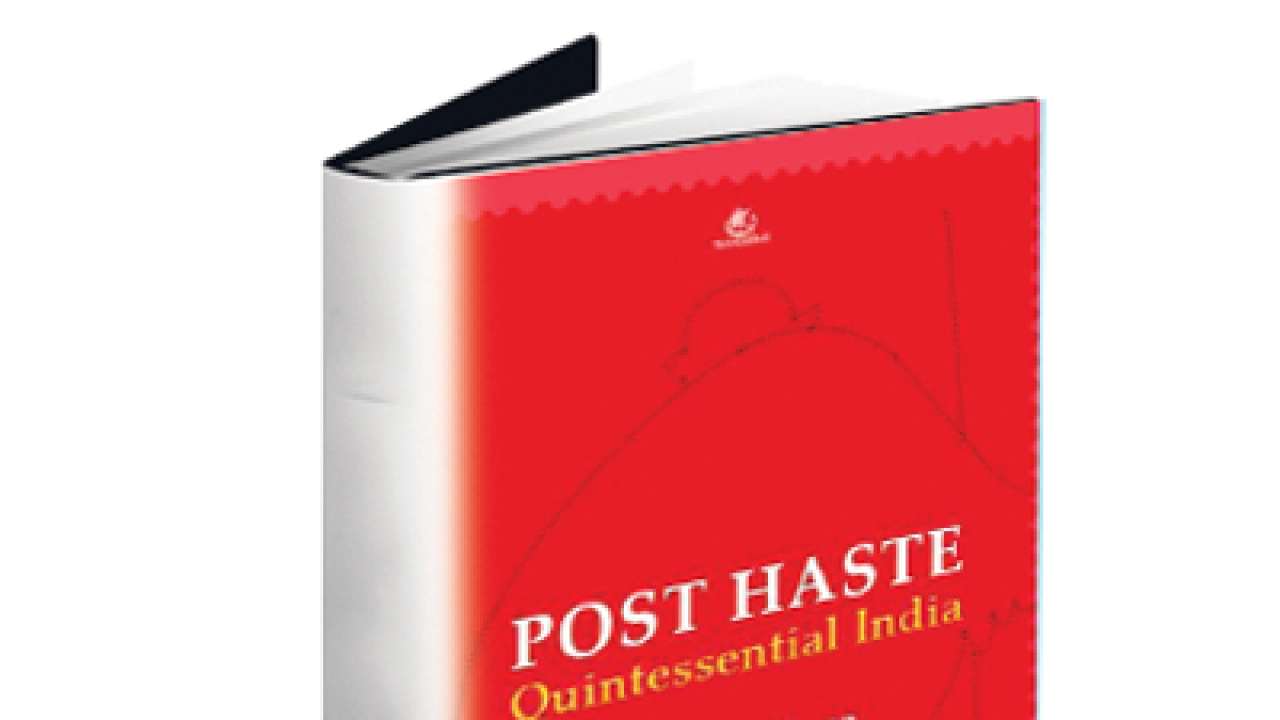

Their purpose was to overturn Williams, which could only be done by the Federal Circuit sitting en banc, or by the Supreme Court. To expedite that process, the judges conceded that both the Claims court and the Federal Circuit panel were bound to follow Williams. petition, the Beer judges needed to work their way through the Claims and Federal Circuit courts. Of course, before they could even file their cert. Assuming the Beer judges still have the three Williams dissenters on their side, they can win on the merits with two of the four newest justices. All four justices who joined the court since 2002 (Chief Justice Roberts and Justices Alito, Sotomayor and Kagan) replaced justices who voted to deny cert. Court of Federal Claims case? The answer rests not with any changes in the law, but instead with changes in the makeup of the Supreme Court. With the issue resolved in Williams, why did these federal judges raise the same pay issue again in a 2009 U.S. in Williams over the dissent of Justice Breyer, joined by Justices Scalia and Kennedy. While the Beer parties disagreed on whether this deprivation of COLAs was an unconstitutional diminishing of judicial pay, they all agreed that the Federal Circuit rejected this exact position in Williams v. Eight current and former federal judges seek to recover cost-of-living adjustments Congress promised federal judges in 1989, but failed to deliver in 1995-97, 19. United States, however, shows that it is possible to have the Federal Circuit decide your appeal on the merits and rule on your en banc hearing petition in a mere 85 days, docketing to disposition.īeer concerns a newsworthy issue dear to the hearts of federal judges: their pay. Court of Appeals for the Federal Circuit, though its docketing-to-disposition time has averaged a reasonable 9-10 months. The term doesn’t usually call to mind the U.S. District Court for the Eastern District of Virginia, long-known for its dedication to accelerated justice.

When patent litigators hear the term “rocket docket”, they usually think of the U.S.

Guest Post: The Great Haste and Less Milling of Beer v.


 0 kommentar(er)
0 kommentar(er)
